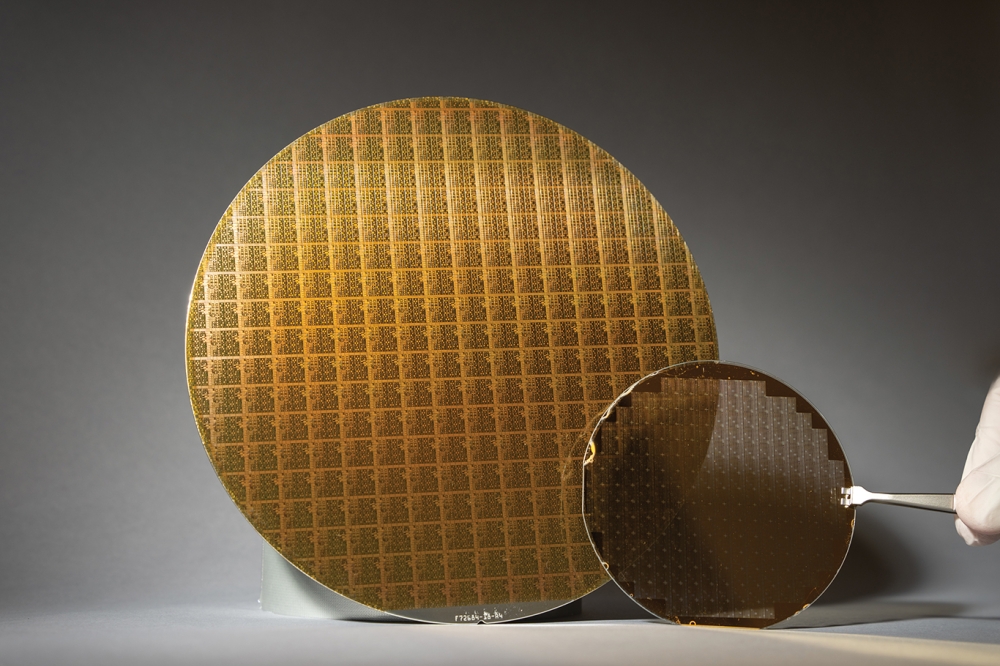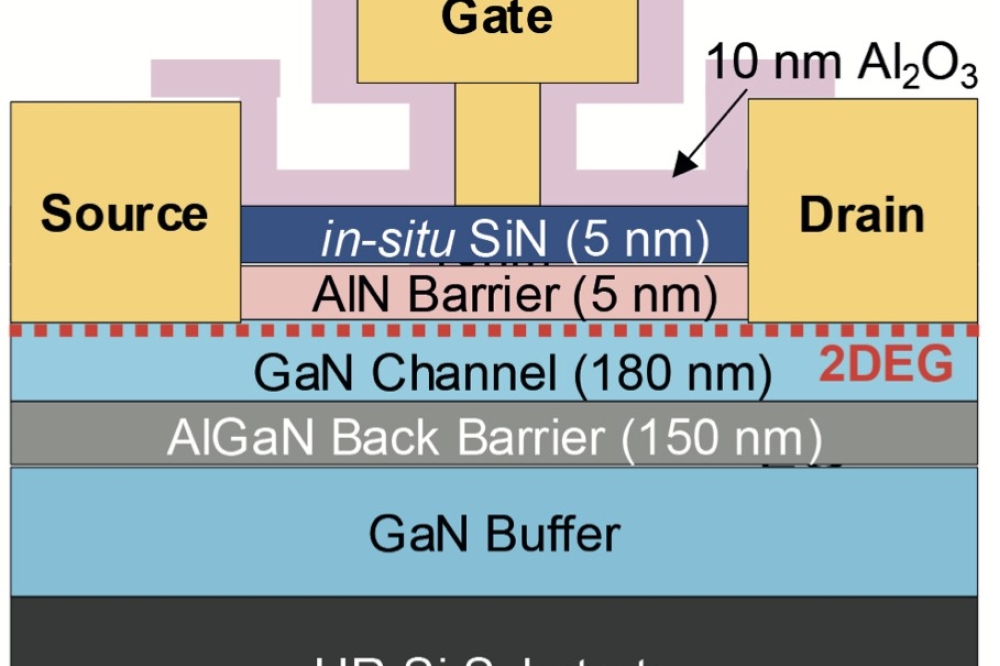US team develops tunable IR laser
![]()
a) Schematic of monolithically integrated laser array and beam combiner. SEM images of (b) cleaved laser facet and (c), two-in-one funnel combiner with Si3N4 passivation and openings on top of the waveguide.
Researchers at Northwestern University in the US have developed a broad-band tunable infrared laser that they say has implications for the detection of drugs and explosives.
The solid-state quantum cascade laser (QCL) can be rapidly tuned to emit in the wavelength range that encompasses the critical "˜fingerprint' region where most molecular features are absorbed and identified through infrared sensing. In experiments, the laser has demonstrated its ability to capture the unique spectral fingerprint of gases.
The laser, which is widely tunable over 2 to 9.1"‰Î¼m with a single emitting aperture, integrates an eight-laser sampled grating distributed feedback laser array with an on-chip beam combiner.
"The only moving part in the entire system is the fan used to keep the laser cool," said Manijeh Razeghi, whose lab led the development at Northwestern's McCormick School of Engineering. "This is a major advantage over existing systems that require mechanical parts to achieve tuning, and we expect to demonstrate remarkable stability."
The initial, patent-pending results have been published in the June 8 issue of Scientific Reports. The research and development of the laser system is the culmination of more than 18 years of quantum cascade laser development work at Northwestern's Center for Quantum Devices.
The laser has been integrated into a system that contains all of the laser driver electronics and tuning software necessary for integration into a spectroscopy system.
It produces a stable, single-aperture spot less than 3mm in diameter that is suitable for standoff detection and is capable of linear or random access scanning with stabilisation times of less than 1 millisecond per wavelength.
This work was supported by the Department of Homeland Security Science and Technology Directorate, National Science Foundation, Naval Air Systems Command, DARPA, and NASA.
"˜Monolithically, widely tunable quantum cascade lasers based on a heterogeneous active region design' by Wenjia Zhou et al; Scientific Reports 6, Article number: 25213 (2016)


































